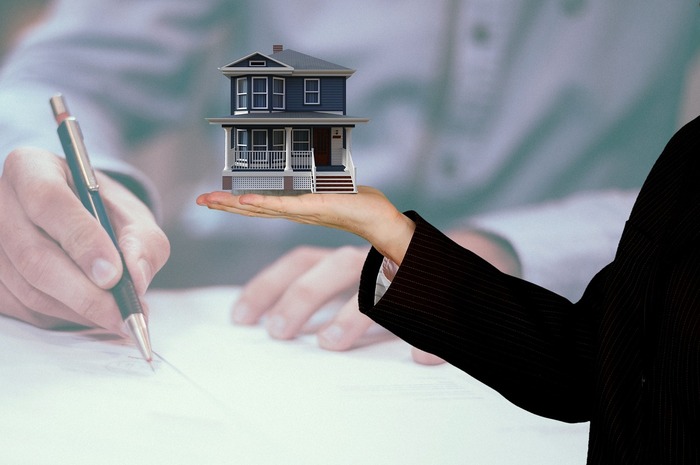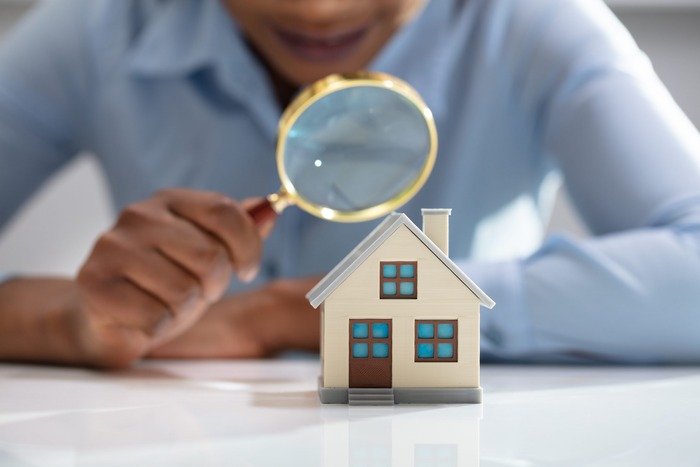Home appraisals are almost always a requirement when selling a house. A professional appraiser provides an unbiased assessment of your property’s fair market value, which helps you make informed choices when pricing, negotiating, and selling a house.
At times, appraisals can work in your favor as a seller, especially when the results return higher than expected, attracting more buyers and increasing the possibility of sparking bidding wars, which can drive your property prices even higher.
Note that your appraisal’s outcome can also come back lower than anticipated. Outlined below are four factors that can hurt your home appraisal.
Neglected maintenance and repairs
Proactive maintenance not only keeps your home in pristine condition but also ascertains you receive the highest possible home price when you finally sell.
When you neglect crucial home maintenance tasks, your property’s overall condition deteriorates, resulting in a decline in its market value. Prospective buyers will less likely put their money in a house that demonstrates signs of neglect, such as:
- Peeling paint
- A poorly maintained landscape
- Cracked sidewalks
- Sagging gutters
- Worn out carpeting
Ignoring maintenance and repairs can significantly lower your property’s value, hurting your home appraisal. Keeping up with preventive property maintenance and repairs can help ensure a high appraisal value.
Alternatively, you can sell your home as is to trusted cash buyers like https://www.four19properties.com/tx/fort-worth/ if you’re cash-strapped and can’t afford to pay for the necessary repairs.
Lack of curb appeal
Curb appeal and overall landscaping are among the things appraisers look at when determining your property’s worth. If your property lacks curb appeal, you’ll get a low appraisal value. Additionally, your appraisal value may be negatively impacted if your landscaping seems unkempt and neglected.
Since curb appeal sets the first impression prospective buyers have on your property, improving it creates a great first impression and helps raise your property’s value. To add on or enhance your curb appeal, consider:
- Keeping up with lawn maintenance
- Replacing or repainting the front door
- Upgrading the mailbox
- Repairing or replacing damaged or missing roofing materials
- Repainting the home exterior
- Cleaning the outdoors
Home size
Size refers to your home’s square footage, bathrooms, and bedrooms and is a major element when it comes to determining its value. An appraiser calculates a home’s square footage and then analyzes how well its layout meets potential buyer needs.
They’ll look at bathrooms, bedrooms, and how big/small other living spaces are to ascertain the property’s overall functionality. If your home doesn’t meet buyer needs and requirements, its appraisal value will be lower.
A property’s old age
Age is a significant factor when determining your home’s value. Older homes undergo age-related wear and tear, whose signs aren’t just aesthetic but can also affect the property’s:
- Safety
- Structural integrity
- Functionality
- Maintenance
Regardless of how well you’ve maintained your old home, it can exhibit problems such as:
- Outdated wiring
- Settling foundations
- Aging plumbing systems
- Worn-out roofing
- Faulty carbon monoxide detectors
Appraising your home without fixing some of these issues can lead to a low property value. These problems are also a deal breaker for buyers. Addressing age-related issues through upgrades or repairs before calling in an appraiser can result in a higher appraisal value.
Endnote
Home appraisals help determine your property’s fair market value, which comes in handy mainly when selling. Familiarize yourself with the factors that can hurt your home appraisal and address them before getting your house appraised.


